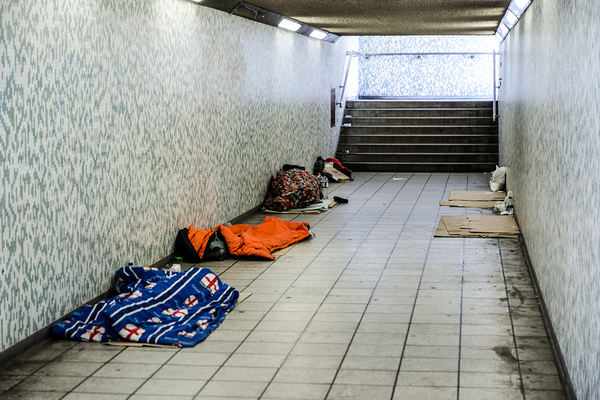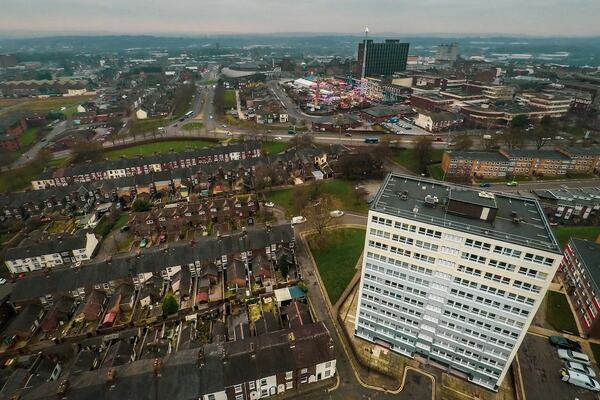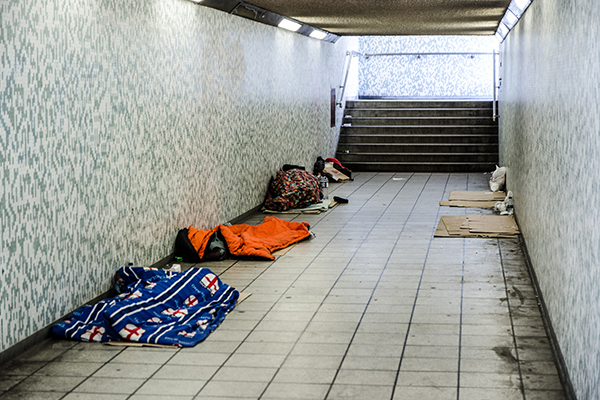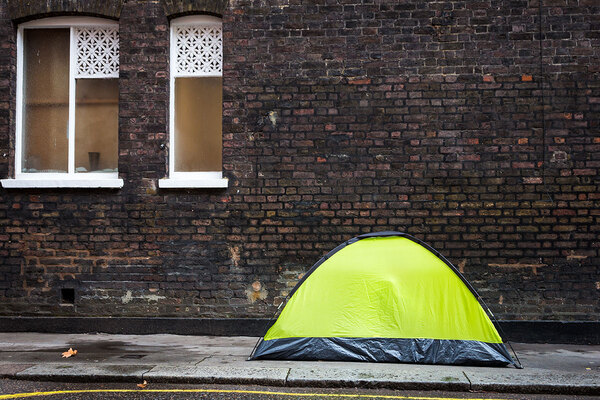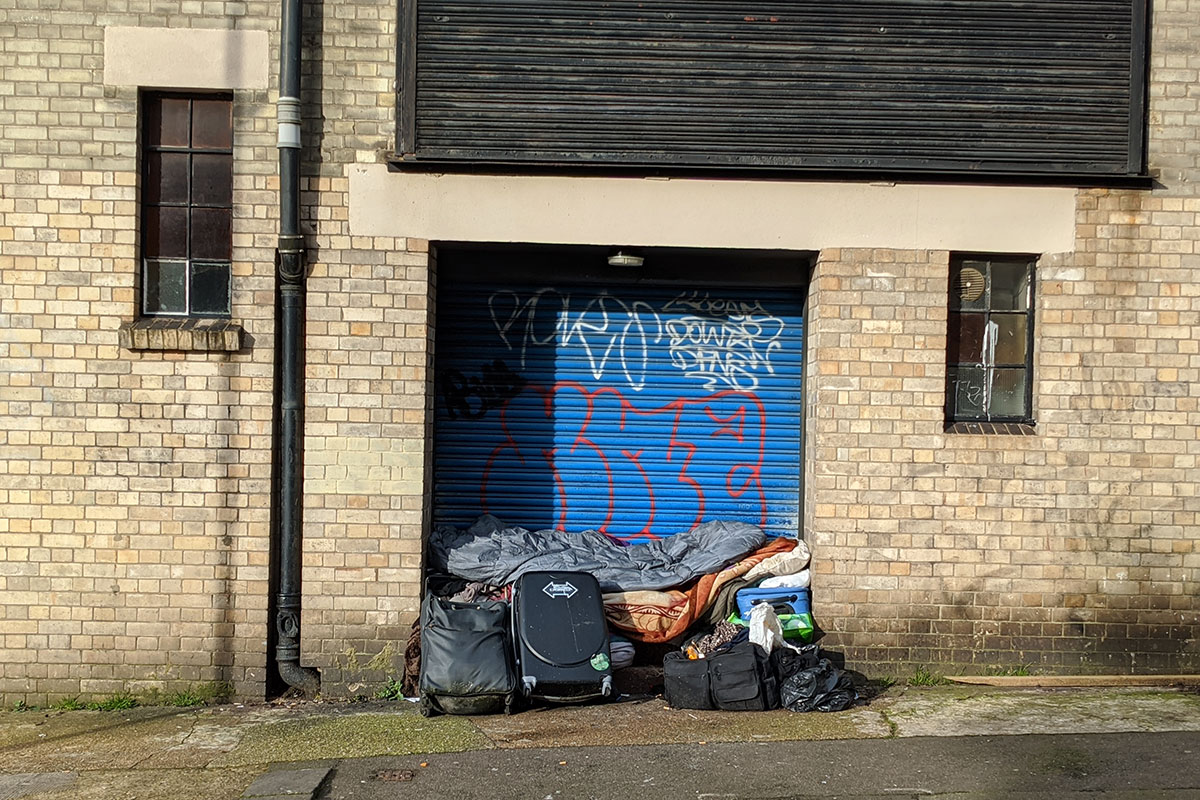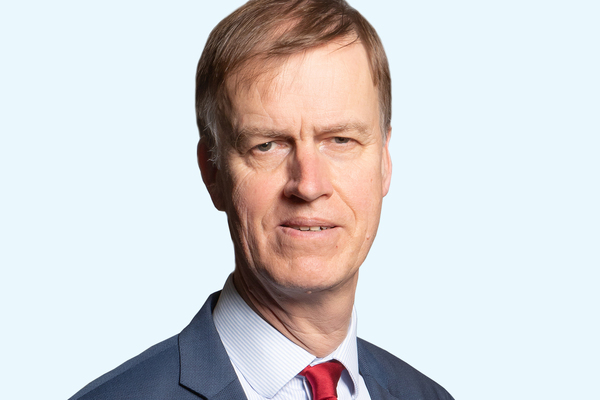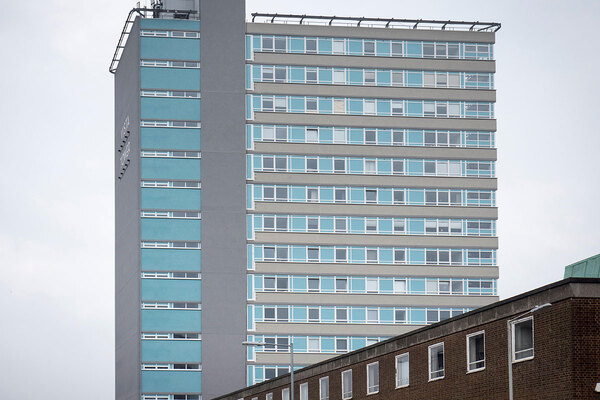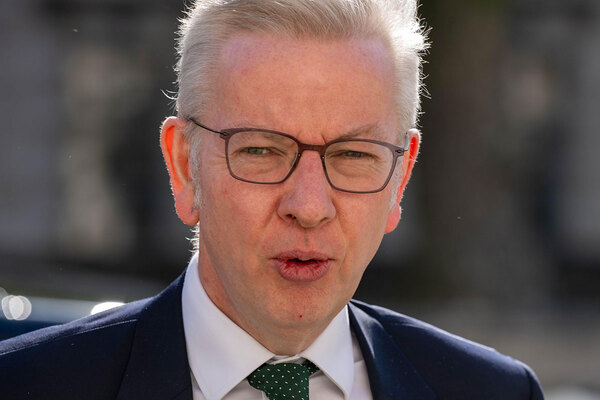You are viewing 1 of your 1 free articles
Ministers must maintain ‘Everyone In’ spending to end rough sleeping by 2024, urges Kerslake Commission
The government must continue to spend the same amount of funding on rough sleeping as it has during the COVID-19 crisis if it is to meet its target of ending rough sleeping by 2024, research has found.
The Kerslake Commission on Homelessness and Rough Sleeping, which is chaired by former head of the civil service and Peabody chair Lord Bob Kerslake, has made a number of recommendations to the government as part of an examination into the response to homelessness during the COVID-19 pandemic.
A key recommendation is that the government maintains the additional funding it made available during the pandemic, when the government spent almost triple the amount on rough sleeping than it had planned, for a minimum three-year period.
In 2020/21, the government spent a total of £335.5m on rough sleeping as a result of the Everyone In scheme, which saw councils being funded to house all rough sleepers in hotels or similar types of emergency accommodation.
Government figures suggest that more than 37,000 individuals have been supported as a result of the scheme, of whom 26,000 have been moved into long-term accommodation.
The government currently plans to spend £254m in 2021/22 through its Rough Sleeping Initiative, however the Kerslake Commission’s report recommends that this be increased to £335.5m for the following three years.
“It is essential that this spend is maintained if the government is to achieve its goal of ending rough sleeping by 2024,” the report said.
The report also recommends that the government maintains the boost to Local Housing Allowance rates and Universal Credit that were introduced as a result of the pandemic.
Ministers have already said that they plan to end the £20-per-week uplift that was introduced last year. Housing associations have warned that cutting Universal Credit will push tenants into poverty.
Other recommendations from the Kerslake report include increasing the amount of grant funding available for social housing and providing financial support to those who have fallen into arrears as a result of the pandemic.
The commission also said that the government must “establish a clear policy position that implementing No Recourse to Public Funds (NRPF) must stop short of causing destitution”.
NRPF is a condition placed on individuals as a result of their immigration status that makes them ineligible for local authority support, including housing benefit. At the start of the COVID-19 pandemic in March last year, councils were ordered to find accommodation for all rough sleepers regardless of their immigration status, however in May 2020 the government wrote to councils to remind them of the legal restrictions in providing support to those with NRPF.
The Kerslake report said this move meant “support could only be given where there is a risk to life, but there was little clarification of how such a risk should be assessed”, which meant the support provided to this group was “uneven”.
It said that further recommendations on this issue will be provided as part of its final report, but that as a “starting point” the government should “create a dedicated funding allocation for specialist welfare advice and employment support targeted at people with No Recourse to Public Funds, as well as good quality immigration advice targeted at non-UK nationals without established status, or whose status is to be determined”.
Charities and local authorities have warned that they are struggling to move those with immigration issues from hotels into more settled accommodation and have blamed the Home Office processes for causing long delays.
The Kerslake Commission was launched in March this year with members including Andy Burnham, mayor of Greater Manchester; Bob Blackman, co-chair of the All-Party Parliamentary Group on Homelessness; and Tom Copley, deputy mayor for housing at the Greater London Authority.
Today’s report is an interim report of the group’s findings, with a final report expected in September.
Lord Kerslake said: “The COVID-19 pandemic has been the biggest peacetime emergency this country has faced. It has impacted on every single one of our lives and taken a heavy toll, particularly on the most vulnerable.
“There will be many lessons to learn about the response to the pandemic, both from the things that went well and those that didn’t. This commission is about learning from a policy that, by common consent, did go well – ‘Everyone In’.
“For me, the most important lesson is that with the right combination of government support and collaboration across, and between, the key service providers, it is possible to end homelessness and rough sleeping.”
Steve Douglas, chief executive of St Mungo’s, who advises the commission, said: “The spirit of collaboration and cross-party, cross-sector, cross-departmental working – particularly between health and homelessness – that we saw during this public health emergency, has continued with this commission.
“We have seen such a fantastic response from a wide range of organisations and individuals, including those with lived experience of homelessness who have taken the time to feed into its work and we want to thank everyone who has contributed their time, knowledge and expertise.
“Their input, and the expert chairing of Lord Kerslake, means this is a truly comprehensive and considered piece of work. We fully support his call on the government to take forward the recommendations.”
Darren Rodwell, executive member for housing and planning at London Councils, said: “There can be no doubt that ‘Everyone In’ was a game-changer and a major success. The government not only provided a clear directive but also invested crucial extra funding into homelessness services and worked effectively in partnership with local councils, the voluntary sector and others.
“The government shouldn’t lose sight of what made ‘Everyone In’ a success. We need longer-term commitments – especially in terms of funding for local services. Giving councils sufficient resources is essential for reducing rough sleeping on a permanent basis.”
James Jamieson, chair of the Local Government Association, said: “The success of councils in getting thousands of people sleeping rough off the streets during the pandemic is testament to local and central government working together to transform people’s lives for the better.
“The funding provided by government throughout the COVID-19 crisis has been crucial in enabling councils to tackle rough sleeping and get people into safe, suitable and COVID-secure accommodation.
“However, as this important report says, it is now vital that we ensure this is not a one-off emergency response, and that we build on this and embrace the opportunity to make this the new normal and end rough sleeping altogether.”
A Ministry for Housing, Communities and Local Government spokesperson said: “Our decisive action through the internationally recognised Everyone In scheme has protected thousands of rough sleepers throughout the pandemic.
“We’re building on that success with the backing of an unprecedented £750m investment this year – giving rough sleeping and health services the funding they need to help get people off the streets and into settled accommodation.”
Sign up for our homelessness bulletin
Already have an account? Click here to manage your newsletters
